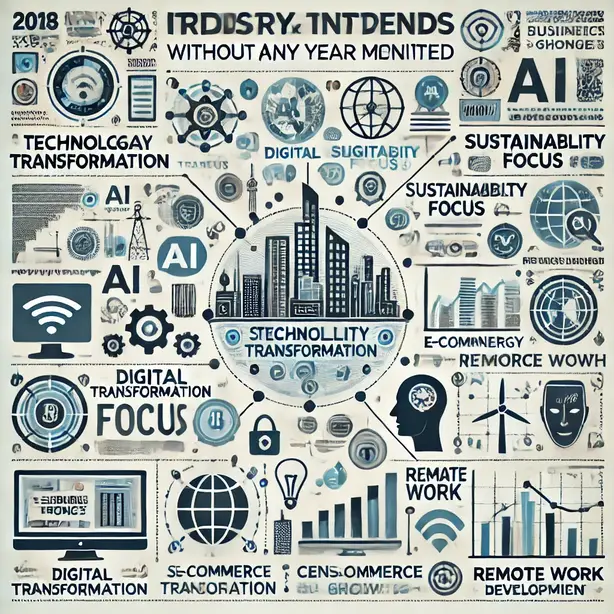
The Growing Demand for DevOps Freelancers in 2024
The demand for DevOps freelancers continues to surge in 2024 as companies of all sizes seek flexible, cost-effective solutions to manage their development and operations. With businesses prioritizing faster releases, high system reliability, and better scalability, DevOps freelancers bring specialized skills that enable quick adaptation and efficiency. Companies find that freelancers can offer niche expertise in CI/CD, containerization, and cloud management, allowing for tailored solutions without the long-term commitment of full-time hires. Additionally, as remote work becomes standard, organizations are embracing freelance DevOps talent to optimize operations and gain access to global skill sets, meeting growing technical demands while maintaining agility.
How the Gig Economy is Shaping the Future of DevOps
The gig economy is transforming DevOps by introducing a workforce that is project-focused, adaptive, and highly skilled. This shift aligns well with the needs of modern DevOps, where businesses require on-demand expertise to accelerate development and address specific challenges. Freelancers are often experts in automation, cloud infrastructure, and security, which allows them to deliver high-impact work without the lengthy onboarding or training that a full-time role might require. The gig economy also provides flexibility, enabling companies to bring in talent only when needed, thus optimizing budgets and fostering innovation. This trend is likely to grow, with DevOps roles increasingly being filled by freelancers who value independence and bring fresh perspectives from varied project experiences.
Expert Insights: The Role of Freelancers in DevOps, SRE, and DevSecOps
Freelancers are becoming indispensable in DevOps, SRE, and DevSecOps as they bring specialized skills and adapt quickly to new environments. In DevOps, freelancers streamline development pipelines, automate workflows, and optimize deployment processes. In SRE, freelancers focus on maintaining uptime, implementing monitoring, and enhancing system resilience. Meanwhile, in DevSecOps, freelancers integrate security throughout the development lifecycle, ensuring compliance and protecting against threats. Industry experts highlight that freelancers bring agility and cross-industry insights, making them ideal for short-term, high-impact projects. Their role is especially valuable for startups and mid-sized businesses looking to enhance their technical capabilities without committing to full-time staff, making freelancers pivotal to the future of these fields.
Top Challenges Faced by DevOps Freelancers and How to Overcome Them
DevOps freelancers encounter unique challenges, including managing diverse client expectations, ensuring clear communication, and staying up-to-date with rapidly evolving technology. A common challenge is integrating smoothly with client teams and understanding existing systems quickly. To overcome this, freelancers should prioritize a thorough onboarding process and use collaboration tools like Slack and Trello to stay aligned. Another challenge is keeping skills current in a field where new tools and practices emerge frequently. Freelancers can overcome this by investing in continuous learning, obtaining relevant certifications, and joining DevOps communities to stay connected with industry trends. Additionally, establishing clear contracts and expectations upfront helps manage scope creep and ensures a smooth project experience.
The Impact of Cloud Computing on DevOps Freelancing
Cloud computing has dramatically influenced DevOps freelancing, creating both opportunities and new demands. With businesses increasingly adopting cloud platforms like AWS, Azure, and Google Cloud, DevOps freelancers need expertise in cloud-native tools, architecture, and scalability practices. This shift to the cloud enables freelancers to build and manage applications remotely, empowering companies to deploy scalable solutions without maintaining on-premises infrastructure. Cloud services have also fueled the demand for skills in infrastructure-as-code, microservices, and container orchestration, making DevOps freelancers with these capabilities highly sought after. Furthermore, cloud computing allows freelancers to access and manage systems from anywhere, aligning with the flexibility and global reach that defines the freelancing landscape.

 Starting: 1st of Every Month
Starting: 1st of Every Month  +91 8409492687 |
+91 8409492687 |  Contact@DevOpsSchool.com
Contact@DevOpsSchool.com The Problem with Traditional Rentals We’ve all been there. You need a bike for a weekend trip, or a car for a quick errand — and…
The Problem with Traditional Rentals We’ve all been there. You need a bike for a weekend trip, or a car for a quick errand — and… 

